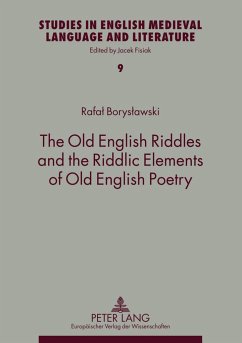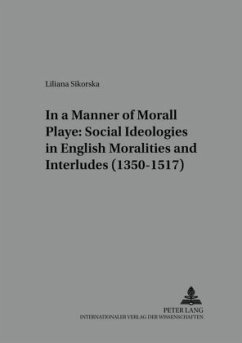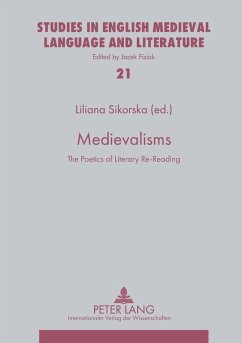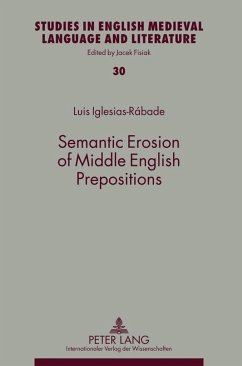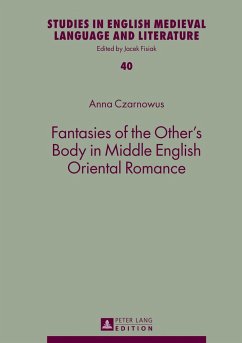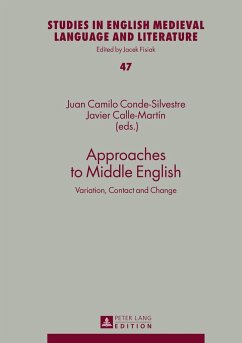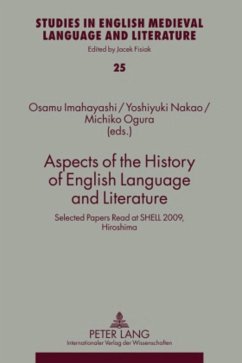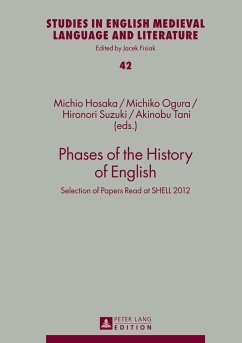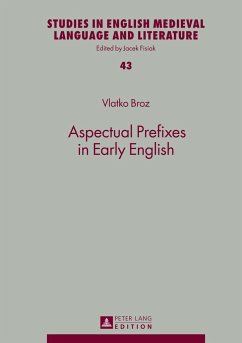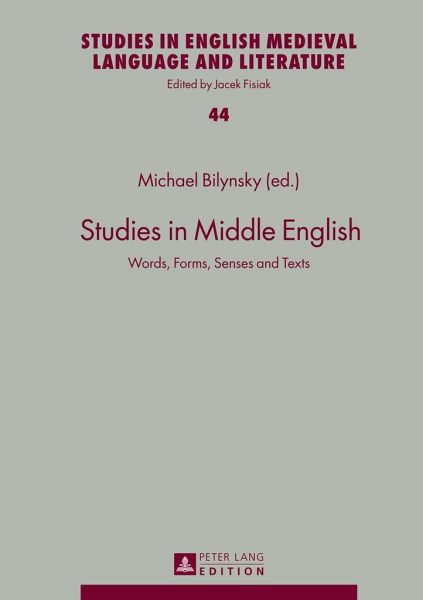
Studies in Middle English
Words, Forms, Senses and Texts
Herausgegeben: Bilynsky, Michael
Versandkostenfrei!
Versandfertig in 6-10 Tagen
88,50 €
inkl. MwSt.

PAYBACK Punkte
0 °P sammeln!
This collection of papers is published within a series of post-conference volumes to reflect the state-of-the-art in the field of linguistic and literary research into Middle English. The contributions embrace a variety of research topics and approaches, with a more particular interest in the broad area of sense-form relationships and text studies of the period which rely on the traditional as well as the rapidly expanding searchable resources. They concern language, literature and manuscripts studies over a wide choice of disciplines and put a notable emphasis on up-to-date tools and methodol...
This collection of papers is published within a series of post-conference volumes to reflect the state-of-the-art in the field of linguistic and literary research into Middle English. The contributions embrace a variety of research topics and approaches, with a more particular interest in the broad area of sense-form relationships and text studies of the period which rely on the traditional as well as the rapidly expanding searchable resources. They concern language, literature and manuscripts studies over a wide choice of disciplines and put a notable emphasis on up-to-date tools and methodologies to provide far-fetched searches of corpora and dictionaries that allow for a new quality of token verification and theoretical generalizations.






